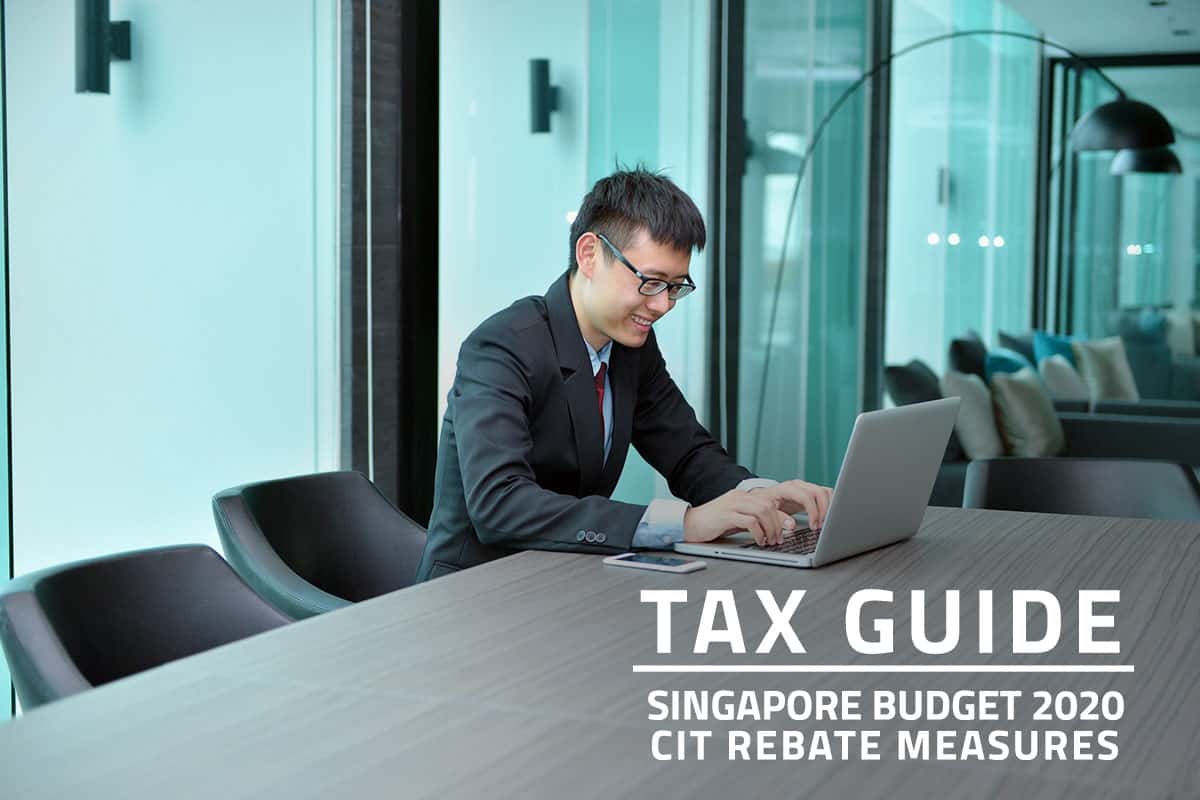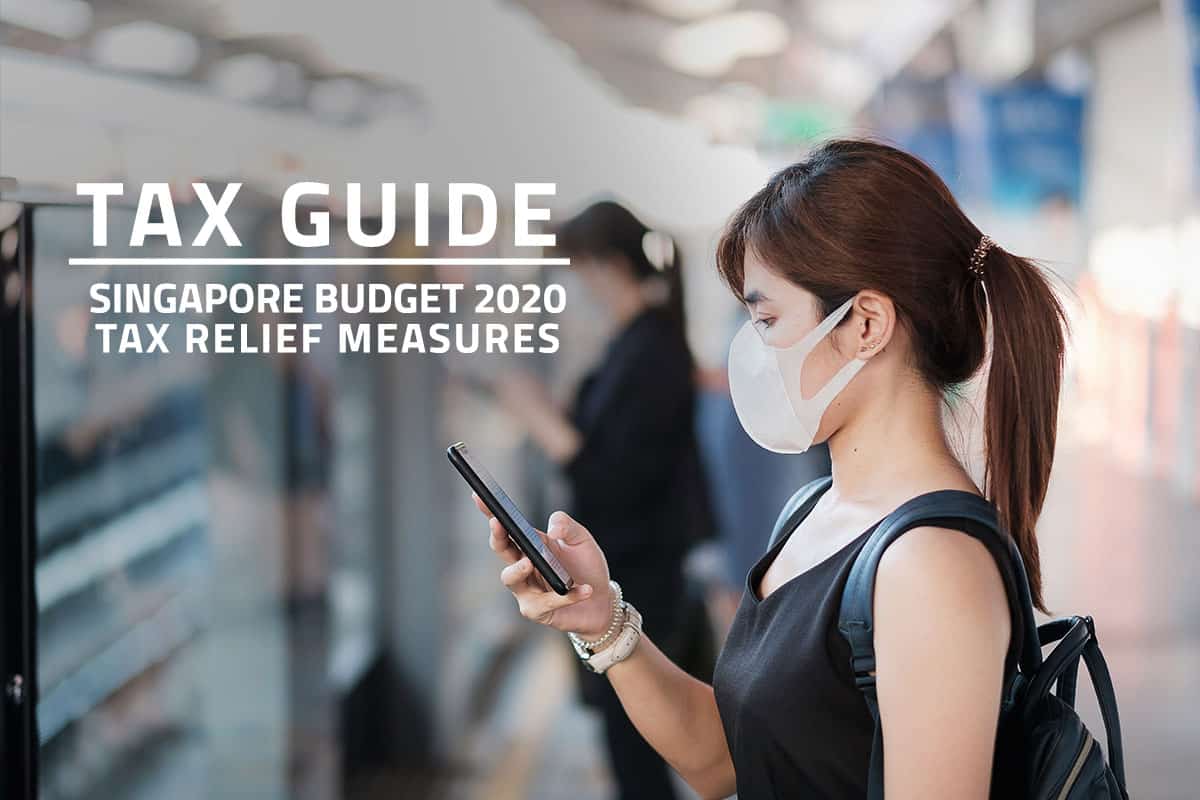With the recent opening of Corporate Tax Season this year, it is in the best interest of Singapore companies and businesses to learn more about tax reliefs, schemes and incentives offered by the Inland Revenue Authority of Singapore (IRAS) to maximize their tax savings.
Singapore has maintained a high Global Business Complexity Ranking and remains among the top 20 easiest countries for doing business, despite the global COVID-19 pandemic situation. A solid rule of law, coupled with strong tax and accounting standards as well as competitive tax rates at 17% of chargeable income makes Singapore an attractive business destination. The local government has also announced a slew of tax reliefs and schemes on top of the annual budget announcement to help Singapore companies tide through economic uncertainty brought by the pandemic.
Singapore Corporate Tax Filing YA2020 Deadlines
Singapore companies are strictly required to e-file their Corporate Income Tax Returns for YA2020 online before 15 December 2020. Filling in and submitting Form C or Form C-S is compulsory for all companies and the downloadable Form C and C-S files will not be available on the IRAS website to encourage e-filing via the mytax portal instead. This is also the last year companies will be allowed to e-file before the extended deadline as the deadline for YA2021 has been adjusted to 30 November 2021.
Loss Carry-back Relief Scheme
Companies may carry-back unutilised capital allowances (CAs) and trade losses arising in a Year of Assessment (YA) to reduce the amount of taxes payable in an immediately preceding YA. This means that companies are able to offset YA2019 chargeable income using the capital allowances and trade losses suffered in YA2020. IRAS’ Loss Carry-Back Relief aims to help small business with severe losses in the current financial year by reducing their tax liability from previous years and to provide cash flow assistance to struggling Singapore companies.
In the recent Singapore Budget announcement, the Loss Carry-Back Relief scheme was further enhanced to give businesses the option to carry-back unutilised capital allowances (CAs) and trade losses from this year up to three YAs immediately preceding YA2020 (i.e. YA2019, YA2018 and YA2017).
Main Features of Loss Carry-Back Relief and Enhanced Carry-Back Relief
- The maximum unutilised capital allowances and trade losses which may be carried back is SGD100,000 for one or all three YAs.
- Singapore companies are required to meet the substantial shareholding test and same business test to qualify for the scheme.
- The unutilised capital allowances and trade losses carried back shall be made in the following order under the enhanced Carry-back Relief:
- First to the YA2017 income
- Secondly to YA2018 income is there are balances remaining for unutilised capital allowances and trade losses
- Finally to the YA2019 income if there are balances remaining after applying the deductions to YA2017 and YA2018 income.
Claiming Enhanced Carry-Back Relief
The carry-back relief will be given only if the Singapore company makes a claim. This is done via filling the necessary details in Form C and submitting to IRAS in its annual tax filing. A separate election form named “Election Form for Companies for Carry-Back of Estimated Capital Allowances and Trade Losses (For YA2020)” should be submitted together with Form C. Supporting details should be well documented in the tax computation accompanying the Form C and submitted together for e-filing before the statutory deadline. Election can be made any time before the filing of the Income Tax Return for YA2020.
PWCO is a qualified tax professional services firm with over 30 years of experience in the industry. The firm keeps up to date with latest IRAS legislative changes and is able to ease your corporate tax filing procedures to ensure Singapore companies enjoy the maximum benefits of IRAS tax incentives and remain in full compliance with the local tax legislation. It is a good option to seek the assistance of a tax professional with in-depth knowledge of available tax incentives, rebates, reliefs and schemes businesses and companies can utilise to maximise tax savings this Corporate Tax season 2020.
Related Posts
Singapore Guide: ISCA FRB 5 – Accounting for Property Tax Rebate
The COVID-19 pandemic has adversely impacted the global economy, hitting Singapore companies and businesses affected…
Quick Guide: Tax Deductions for Work-from-Home Expenses
Earlier this month, the Inland Revenue Authority of Singapore (IRAS) has announced individuals may claim…
Quick Guide: Singapore Budget 2020 Corporate Income Tax Rebate
The COVID-19 crisis has adversely impacted the global economy and Singapore companies and businesses were…
Quick Guide: Singapore Budget 2020 Personal Tax Relief Measures
COVID-19 has adversely impacted the global economy just as Singapore companies and businesses suffered negative…












